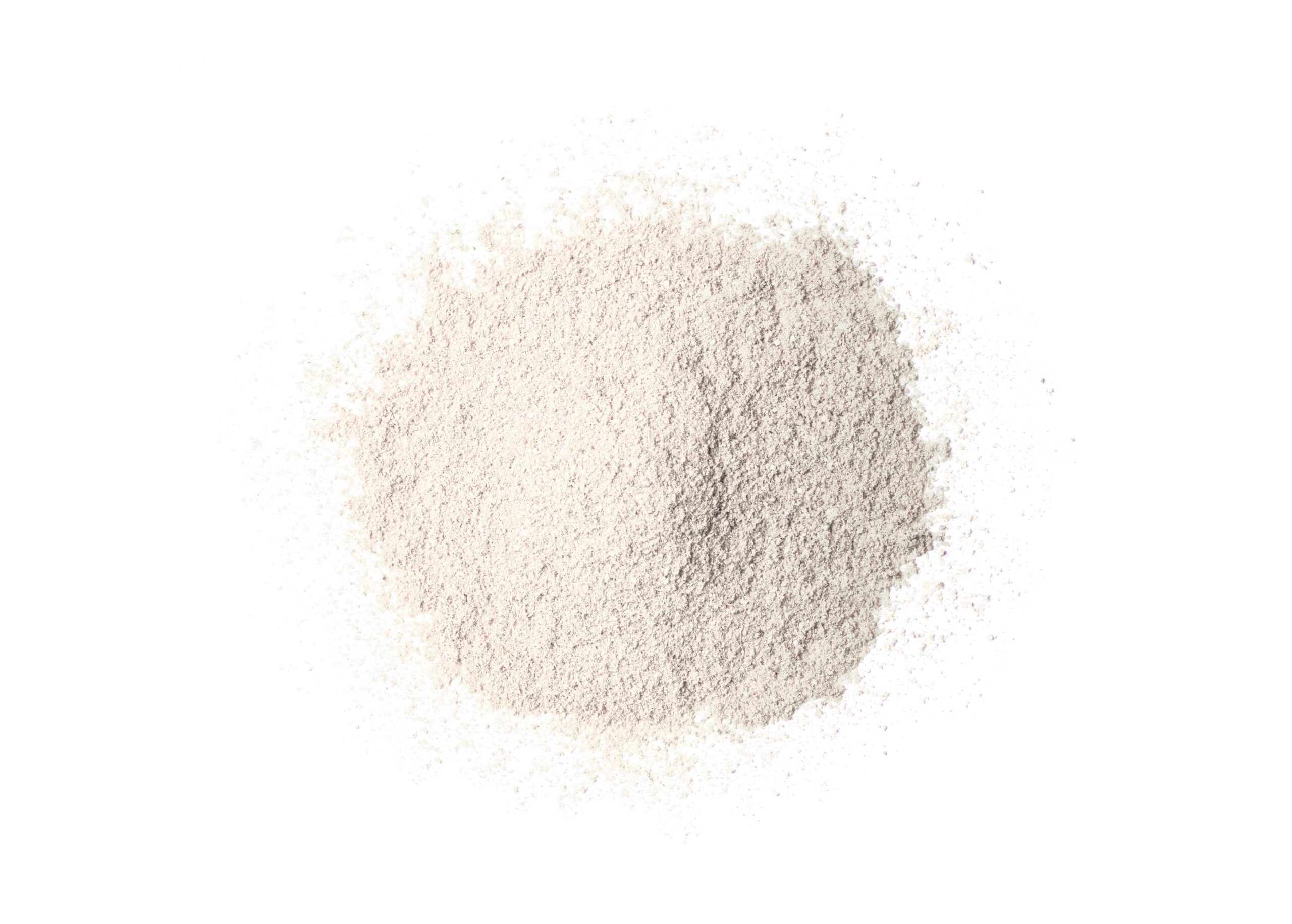
The kidneys control excretion of urinary potassium, a key component of maintenance of whole-body potassium homeostasis. Using low urinary potassium excretion as a proxy for insufficient dietary intake is being recognized as a risk factor for progression of kidney disease. Potassium and kidneys have a reciprocal relationship: the kidney regulates potassium balance and potassium affects kidney function.
Michiel L. A. J. Wieërs, MD, MSc, and colleagues reviewed the relationship between kidneys and potassium in an issue of Pediatric Nephrology [doi.org/10.1007/s00467-022-05494-5]. The review includes insights into kidney potassium handling derived from recently characterized tubulopathies and studies on sexual dimorphism. Those insights demonstrated a central but non-exclusive role for the distal convoluted tubule in sensing potassium and subsequently modifying the activity of the sodium-chloride cotransporter, another example of reciprocity.
Activation of the sodium-chloride cotransporter reduces distal sodium delivery and therefore potassium secretion and increases salt sensitivity. That mechanism is related to the relationship between dietary potassium and blood pressure. In children, blood pressure is related to dietary potassium, but not sodium intake.
The review also includes examinations of the mechanism of hypokalemic nephropathy and an exploration of how potassium deficiency can cause kidney injury. Further, the researchers consider if those mechanisms can explain the association between low dietary potassium and adverse kidney outcomes.
In summary, the authors said, “We discuss if potassium should be repleted in patients with kidney disease and what role dietary potassium plays in the risk of hyperkalemia. Supported by data and physiology, we reach the conclusion that we should view potassium not only as a potentially dangerous cation but also as a companion in the battle against kidney disease.”







 © 2025 Mashup Media, LLC, a Formedics Property. All Rights Reserved.
© 2025 Mashup Media, LLC, a Formedics Property. All Rights Reserved.